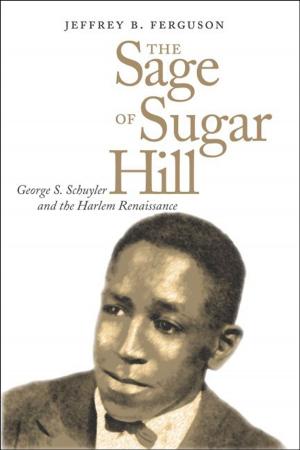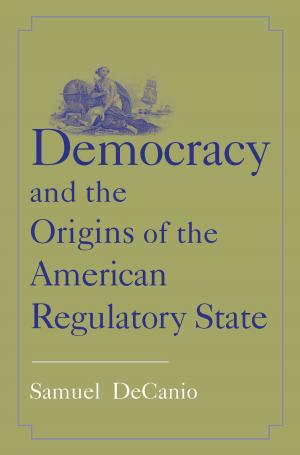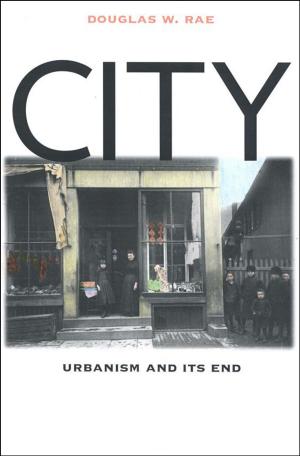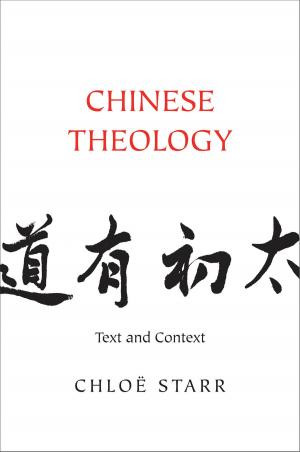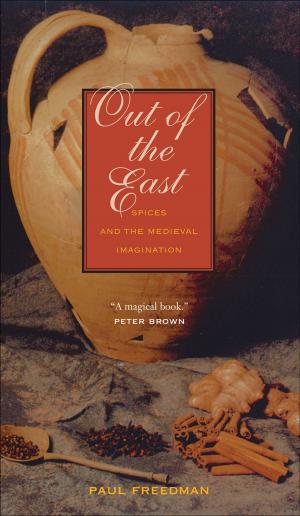Competing Visions of Empire
Labor, Slavery, and the Origins of the British Atlantic Empire
Nonfiction, History, Modern, 17th Century, 18th Century, British| Author: | Abigail L. Swingen | ISBN: | 9780300189445 |
| Publisher: | Yale University Press | Publication: | February 17, 2015 |
| Imprint: | Yale University Press | Language: | English |
| Author: | Abigail L. Swingen |
| ISBN: | 9780300189445 |
| Publisher: | Yale University Press |
| Publication: | February 17, 2015 |
| Imprint: | Yale University Press |
| Language: | English |
Abigail L. Swingen’s insightful study provides a new framework for understanding the origins of the British Empire while exploring how England’s original imperial designs influenced contemporary English politics and debates about labor, economy, and overseas trade. Focusing on the ideological connections between the growth of unfree labor in the English colonies, particularly the use of enslaved Africans, and the development of British imperialism during the early modern period, the author examines the overlapping, often competing agendas of planters, merchants, privateers, colonial officials, and imperial authorities in the seventeenth and eighteenth centuries.
Abigail L. Swingen’s insightful study provides a new framework for understanding the origins of the British Empire while exploring how England’s original imperial designs influenced contemporary English politics and debates about labor, economy, and overseas trade. Focusing on the ideological connections between the growth of unfree labor in the English colonies, particularly the use of enslaved Africans, and the development of British imperialism during the early modern period, the author examines the overlapping, often competing agendas of planters, merchants, privateers, colonial officials, and imperial authorities in the seventeenth and eighteenth centuries.







